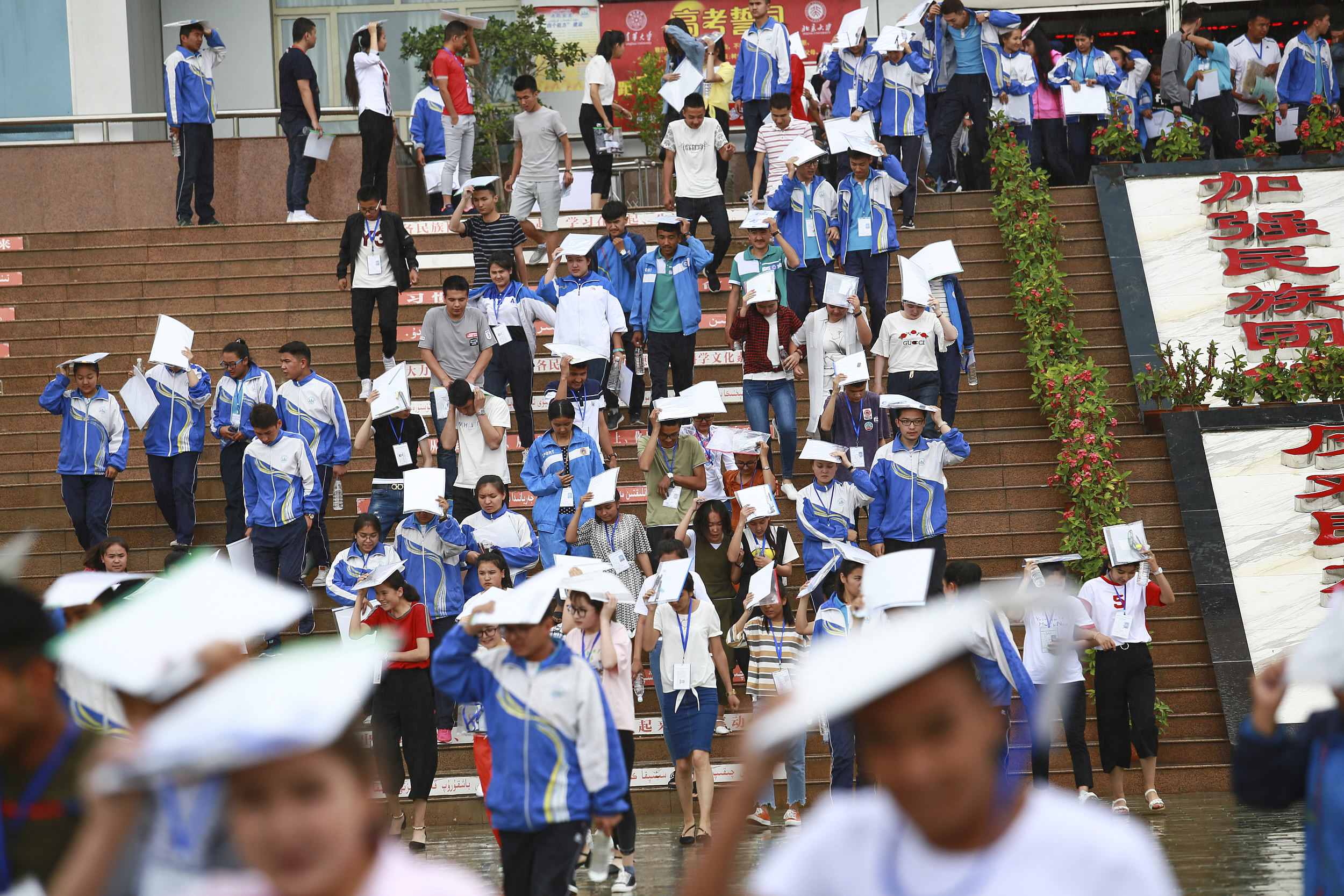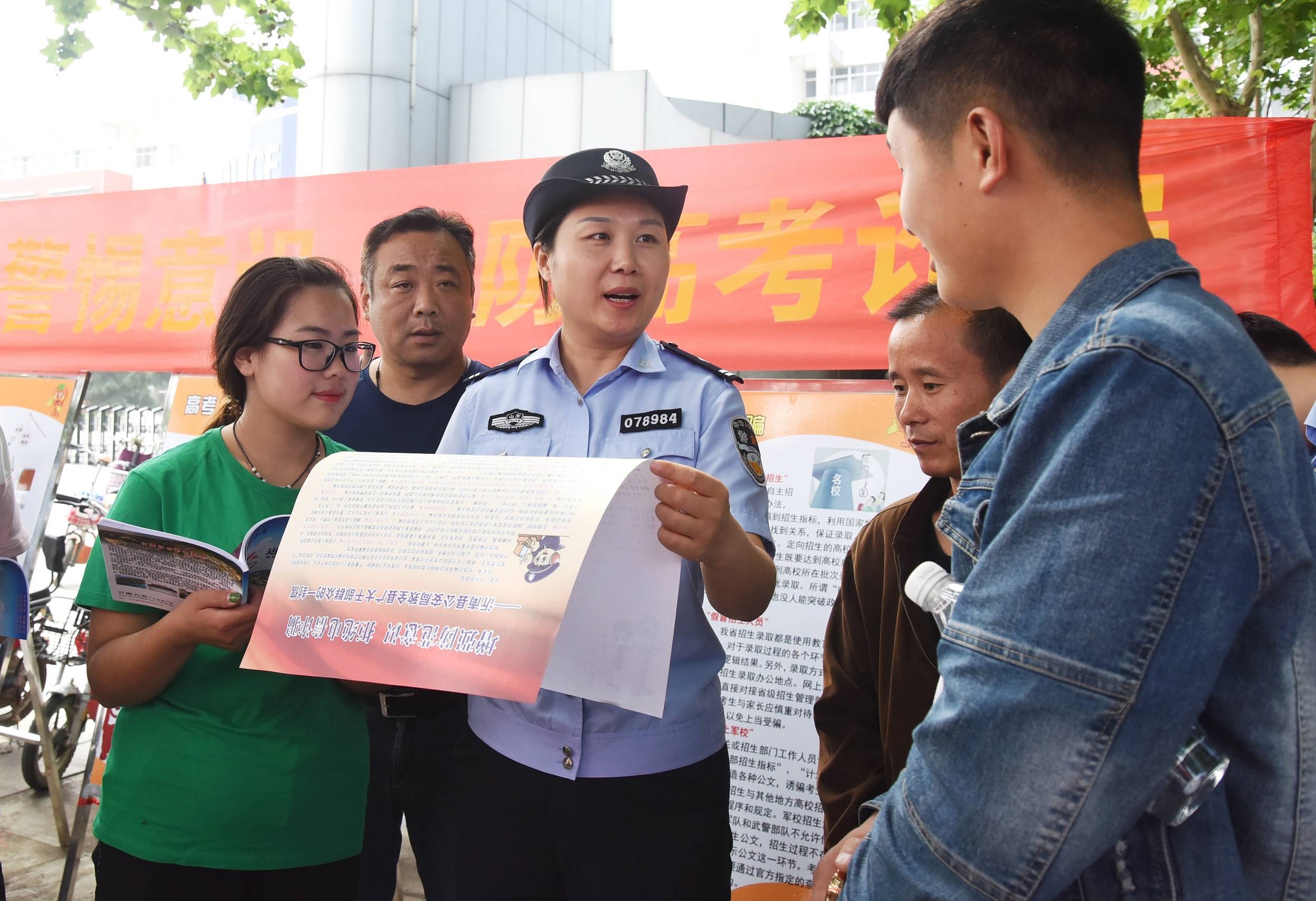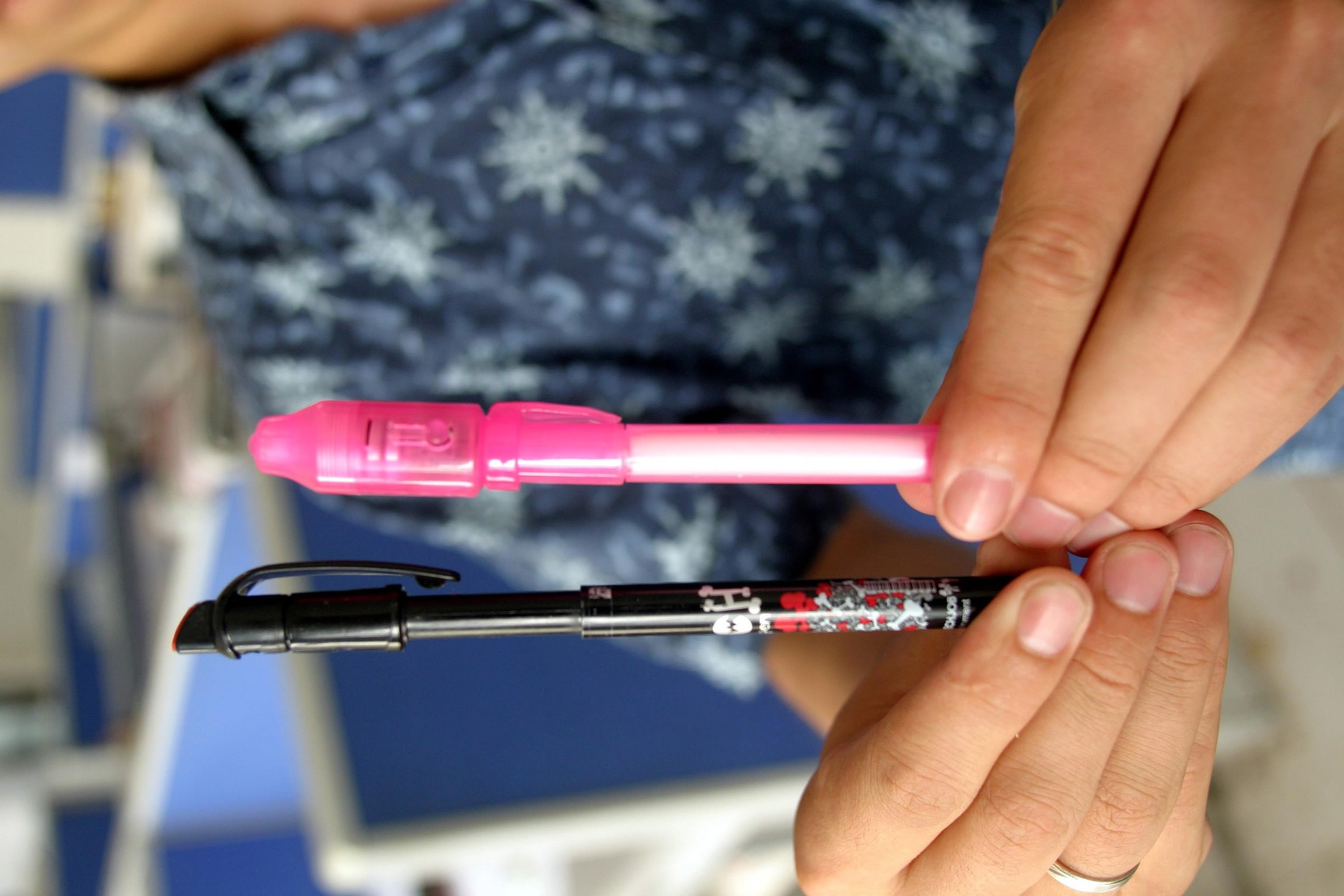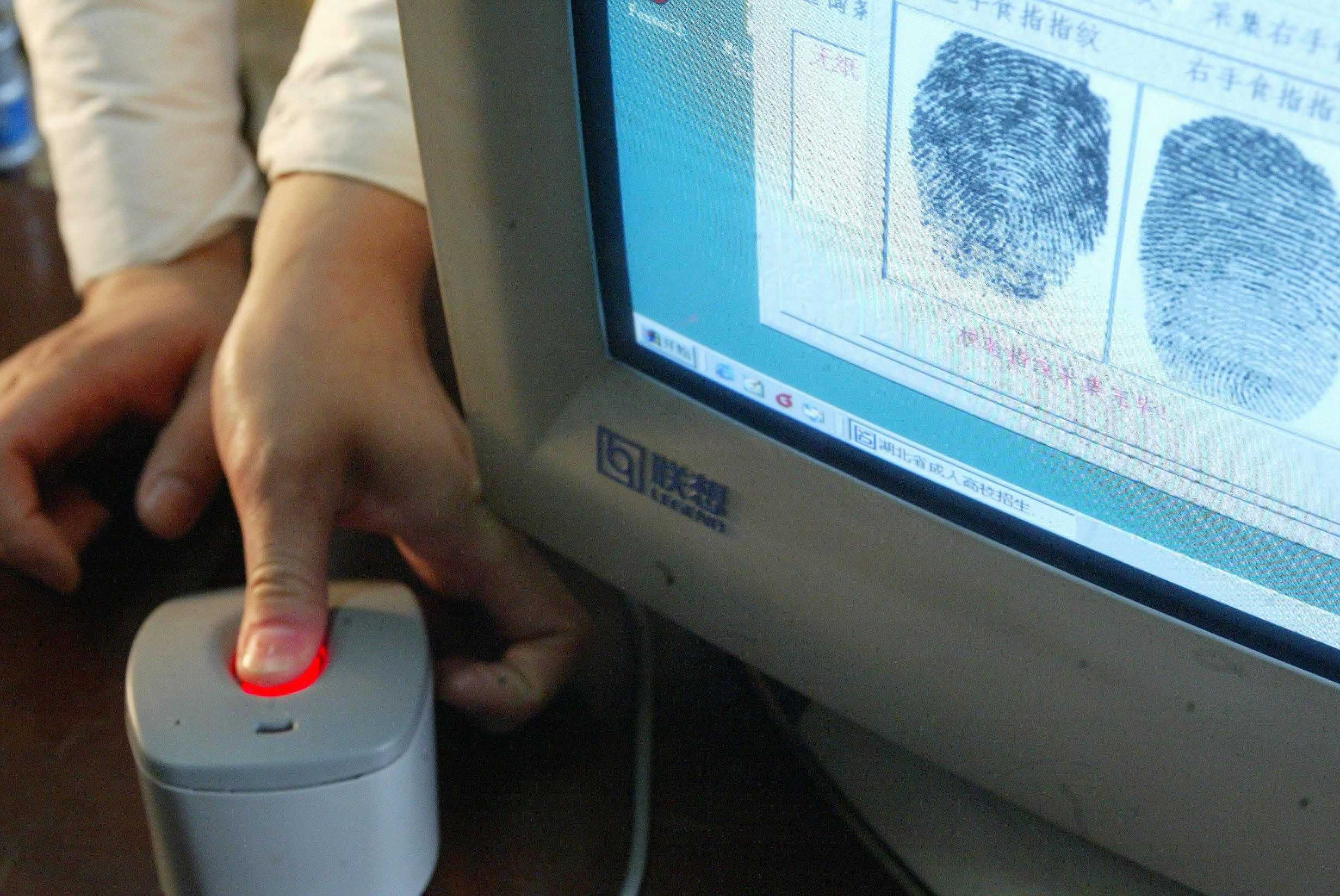On Wednesday morning, an estimated 9.4 million students filed into exam halls across the country, as the National Higher Education Entrance Examination, otherwise known as Gaokao, got underway.
With the rapid growth of technology in recent years, the exam has come under greater pressure year after year from sophisticated cheating, as well as rumors and scams. On Tuesday, China’s Ministry of Education published “Four Rumors, Six Scams” in the build up to the exams, warning students and their families not to fall for lies and fraud.

Students in Aksu, Xinjiang Uygur Autonomous Region, leave the exam hall after taking their first test on June 7, 2017. /VCG Photo
Among the rumors addressed by the ministry is the suggestion that leaked exam answers can be bought online ahead of the exam. The ministry rubbished this rumor by affirming that exam papers are state-level classified documents, and their handling is dealt with strictly, ensuring that there are no leaks.
For many students and families, it remains unclear over who actually marks the papers. One persistent rumor is, that with 9.4 million papers to mark, those responsible for checking the exam scores focus more on marking them as soon as possible, rather than on accurately scoring right and wrong answers.
The ministry’s statement sought to quell such fears, by confirming that exam markers undergo rigorous training prior to checking papers, and assuring that there is absolutely no “cross-discipline” marking – for example, a math paper marker cannot check English test papers, and vice versa.
If problems are discovered in the marking process, papers are completely remarked, and all papers are double-checked after final scores have been counted.
The Education Ministry’s statement also identified six different scams that have targeted students and their families, including phishing campaigns and fake websites that claim to allow students to see their scores, but in fact are just out to steal their personal information. The ministry also warns that students may receive fake university admissions letters, asking for tuition fees to be transferred to personal bank accounts.
Police crack Gaokao crime gangs, over 50 arrests made
Efforts to combat scams and fraud have seen the arrest of more than 50 people in the run up to this year’s exams. According to a separate statement published on the Education Ministry’s website on Monday, the ministry has worked closely with the Ministry of Public Security to crack down on crime ahead of the exams.

An officer from the Public Security Bureau in Yinan county, Shandong Province, explains to students and their families how to avoid Gaokao-related fraud and scams, June 7, 2017. /VCG Photo
Police operations have included the arrest of nine members of an online gang in Chongqing Municipality, southwest China, over a scam using a mobile app to cheat the exam, while police in Sichuan Province cracked a cheating ring in an operation that covered ten provinces, arresting 14 suspects.
Meanwhile in Guangdong Province, police uncovered a widespread scam that had been using fake websites to steal people’s personal information. As many as 8,000 people had their information stolen on 87 different websites, which pretended to be related to Gaokao. The police operation led to 21 arrests.
Up to seven years in prison
In 2016 students were for the first time threatened with prison sentences for cheating. According to Time magazine, students caught cheating would be banned from ever taking the exam again, while examinees found guilty of aiding mass-cheating or paying for a surrogate exam taker to sit the test on their behalf faced up to seven years in prison.

Two pens fitted with listening devices found in Jinan, Shandong. /VCG Photo
Authorities have also moved to adopt cutting edge technology in the fight to stop cheating. While drones and infra-red cameras have now been used for several years to detect devices being taken into exam halls, several provinces are resorting to even stricter measures to stop surrogate exam takers.
Previous years have seen cases of students paying lookalikes to sit exams in their places – according to People’s Daily, some cheats have even used fingerprint films in the past to trick fingerprint scanners.

Many exam halls now require fingerprint scans from students before entering./VCG Photo
According to Global Times, Liaoning and Sichuan provinces have both used iris-recognition technology for several years. Xinhua has reported that the Ministry of Education has unveiled hotlines for the public to call up with reports of any exam malpractice.
This year, according to Xinhua and Qingdao Daily, the cities of Guangzhou and Qingdao, in Guangdong and Shandong provinces respectively, will use face recognition technology on students entering the exam hall, comparing the student to their ID pictures, exam admission ticket pictures and high school year book headshots submitted prior to the exam.
With the constant advances made in technology that can facilitate cheating, the spread of rumors through social media and online fraud, authorities face a growing challenge every year to ensure that the Gaokao achieves its ultimate aim – to be the fairest possible exam for everyone, no matter their background.









